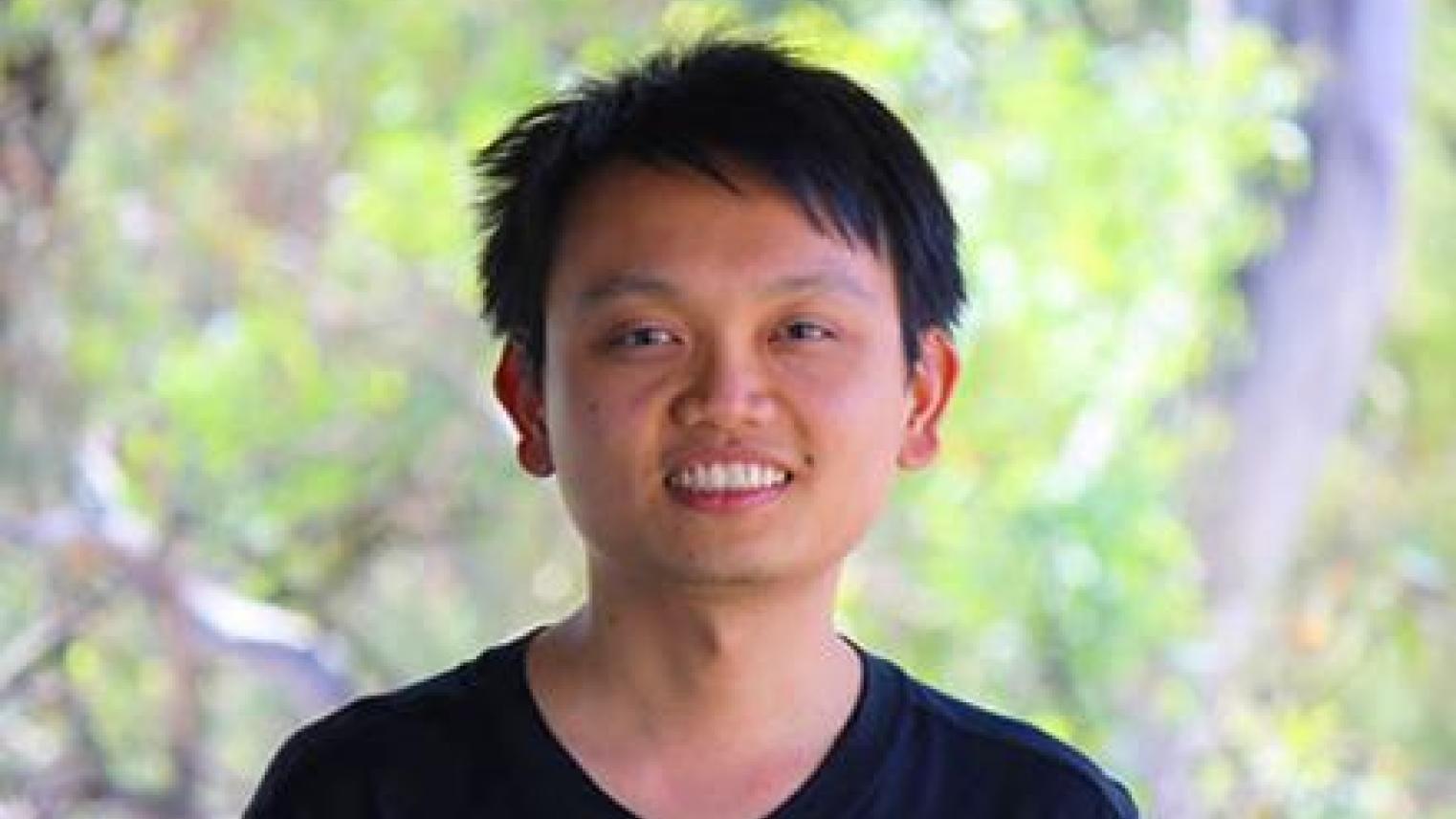Dr Ryan Wong clarifies challenges for the UN Sustainable Development Goals

Dr Ryan Wong, who was recently awarded his Doctor of Philosophy by the ANU School of Regulation and Global Governance (RegNet) said that he conceived the idea for his thesis ‘The Quiet Revolution: policy integration in national implementation of the Sustainable Development Goals’, while working as a public servant.
“I could see the potential for collaboration beyond the administrative turfs everywhere. I also saw the limiting effects of bureaucratic politics. So I decided to quit my job, to place my career on hold and find better ways for integrating policy sectors,” he reflects.
And that is exactly what he did. Four and a half years later, Ryan’s thesis provides a wealth of insights into the challenges faced by bureaucrats in four European countries in implementing the Sustainable Development Goals (SDGs), and the solutions they use to overcome these challenges.
“My research examines how bureaucrats debate across ministries about sustainability policies,” he elaborates.
“Drawing from the theories of RegNet’s Regulatory Theory: foundations and applications on responsive regulation and smart regulation, I show how the whole-of-government coordinators build institutions that are neither centralised nor decentralised but highly responsive to the ministries. These are designed not as a hierarchy or network, but as a ‘network within hierarchy’.”
“The ministries have always found it difficult to agree on joint policy actions. My research showed how they have deliberately avoided ‘productive’ conflicts and revealed the creativity of the bureaucrats in saving these institutions ‘under the radar’ despite multiple changes of government.
“You can say that these bureaucrats avoided conflicts, coordinated responsively and networked within the hierarchy, to keep the institutions afloat. But this comes at a cost. They have not been terribly effective in moving major policies in the direction of sustainability.”
“Ryan’s thesis breaks new ground by putting to the test expectations on policy integration,” says Professor Jeroen van der Heijden, one of Ryan’s supervisors.
“These solutions help us to better understand policy integration; a topic that has, to date, been widely discussed in the academic literature but has seen little empirical scrutiny”.
Reflecting on the process of completing his thesis Ryan said that one of the biggest challenges to overcome was his mindset.
“One can easily be distracted by all the opportunities, especially in the writing phase of the PhD.
“I had a daily writing routine of waking up to word document, attending Shut Up and Write sessions, and typing away in the office into late nights accompanied by soothing music.”
“Throughout the process, Jeroen has been a great supervisor who responded to my drafts fairly quickly, which urged me to work harder and faster. I have never felt that the finishing line was too far to reach. His advice on research design, fieldwork and writing were always to the point and timely.”
“RegNet is a big family,” Ryan says.
“It lets you voice your opinion anytime. Meetings are highly inclusive especially of PhD students. Doors of academic staff are always left ajar. The family is always present to celebrate your milestones: PhD presentations, student-led seminar, departures, arrivals etc.”
Having completed his PhD, Ryan said he will be focusing on the “blind spots” in the scope of his thesis and furthering other research objectives.
“I will be documenting the practices of ‘sustainability washing’ in both the public and private sectors. National sustainability plans that only contain abstract principles but no concrete actions.
“Financial bonds that claim to be green but lack robust third-party verification. Status quo initiatives that tag onto the Sustainable Development Goals just to look good without committing to over and above actions.”
“In this highly uncertain time, I do not know where I will end up,” Ryan concludes.
But wherever that is, Ryan said he hopes to ‘speak truth to power’ to advance the sustainability discourse.
Dr Ryan Wong currently works as a Research Fellow in the Department of Political Science, University of Munich, Germany and continues to pursue his research interest in policy integration and sustainability ‘washing’.